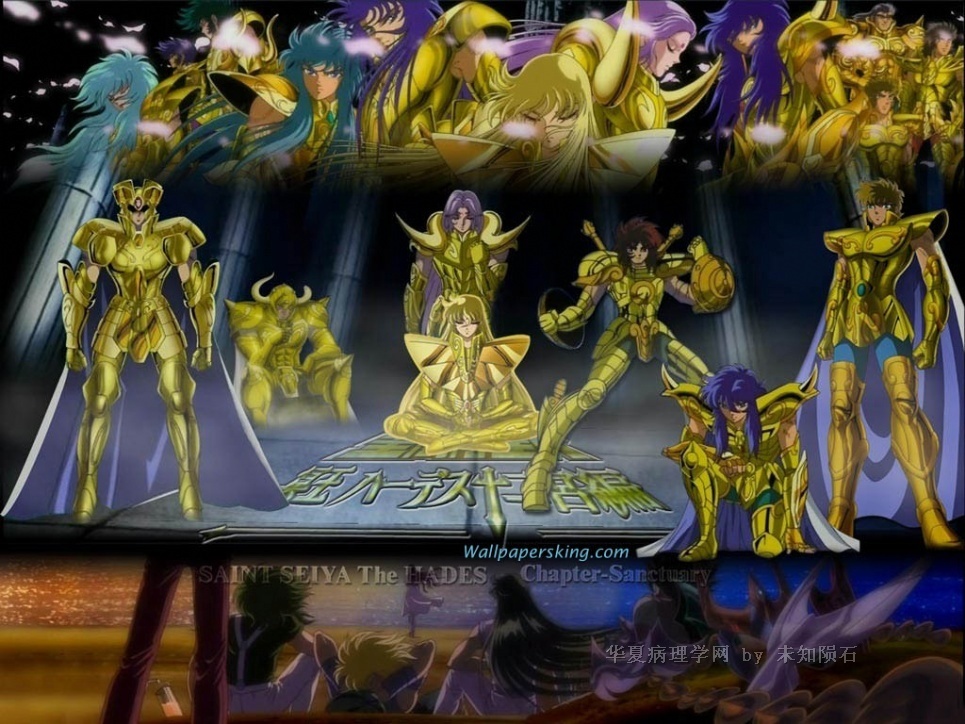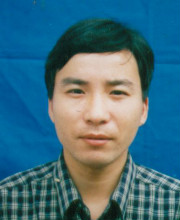| 图片: | |
|---|---|
| 名称: | |
| 描述: | |
- 深圳市病理读片会(2011年第二季度)--回肠末端肿物

名称:图1
描述:SDC11647.JPG.jpg

名称:图2
描述:20111983_3.JPG.jpg

名称:图3
描述:20111983_6.JPG.jpg

名称:图4
描述:20111983_8.JPG.jpg

名称:图5
描述:20111983_15.JPG.jpg

名称:图6
描述:20111983_16.JPG.jpg

名称:图7
描述:20111983_19.JPG.jpg

名称:图8
描述:20111983_33.JPG.jpg

名称:图9
描述:20111983_34.JPG.jpg

名称:图10
描述:20111983_35.JPG.jpg

名称:图11
描述:20111983_39.JPG.jpg

名称:图12
描述:20111983_50.JPG.jpg

名称:图13
描述:20111983_57.JPG.jpg

名称:图14
描述:20111983_68.JPG.jpg

名称:图15
描述:20111983_77.JPG.jpg

名称:图16
描述:20111983_80.JPG.jpg

名称:图17
描述:20111983_94.JPG.jpg

名称:图18
描述:20111983_111.JPG.jpg

名称:图19
描述:20111983_130.JPG.jpg

名称:图20
描述:20111983_133.JPG.jpg

名称:图21
描述:20111983_167.JPG.jpg

名称:图22
描述:20111983_178.JPG.jpg

名称:图23
描述:20111984_18.JPG.jpg
一般来讲,SMA是平滑肌肿瘤最敏感的标记物,如果Desmin弥漫+的平滑肌肿瘤,SMA一般都有较好的表达,而且是分化较好的平滑肌肿瘤,其它平滑肌标记物常会表达;而Desmin是横纹肌肉瘤最敏感的标记物,MyOD1和Myogenin在一小部分横纹肌肉瘤表达不好或阴性,尤其在横纹肌分化较明显的横纹肌肉瘤表达较弱,SMA常阴性或小灶+。本例,Desmin弥漫强+,SMA-/小灶+,其它指标均-,说明是有明确分化方向的肉瘤,形态表现为横纹样特征,而且年轻。综上,更加符合(具有横纹样特征)横纹肌肉瘤,而不太支持好发于中老年人的平滑肌肉瘤。个人愚见,仅供参考!
本例很可能就是上皮样炎性肌纤维母细胞肉瘤
Epithelioid Inflammatory Myofibroblastic Sarcoma: An Aggressive Intra-abdominal Variant of Inflammatory Myofibroblastic Tumor With Nuclear Membrane or Perinuclear ALK
Mariño-Enríquez, Adrián MD*,&;; Wang, Wei-Lien MD&;,§; Roy, Angshumoy MD, PhD¶; Lopez-Terrada, Dolores MD, PhD¶; Lazar, Alexander J.F. MD, PhD&,§; Fletcher, Christopher D.M. MD, FRCPath*; Coffin, Cheryl M. MD∥; Hornick, Jason L. MD, PhD*
AbstractInflammatory myofibroblastic tumor (IMT) is a mesenchymal neoplasm of intermediate biological potential, which may recur and rarely metastasize. Pathologic features do not correlate well with behavior. Approximately 50% of conventional IMTs harbor ALK gene rearrangement and overexpress ALK, most showing diffuse cytoplasmic staining. Rare IMTs with a distinct nuclear membrane or perinuclear pattern of ALK staining and epithelioid or round cell morphology have been reported. These cases pursued an aggressive clinical course, suggesting that such patterns may predict malignant behavior. We describe 11 cases of IMT with epithelioid morphology and a nuclear membrane or perinuclear pattern of immunostaining for ALK. Ten patients were male and 1 was female, ranging from 7 months to 63 years in age (median, 39 y). All tumors were intra-abdominal; most arose in the mesentery or omentum, measuring 8 to 26 cm (median, 15 cm). Six tumors were multifocal at presentation. The tumors were composed predominantly of sheets of round-to-epithelioid cells with vesicular nuclei, large nucleoli, and amphophilic-to-eosinophilic cytoplasm. In all cases, a minor spindle cell component was present. Nine tumors had abundant myxoid stroma. In 7 cases neutrophils were prominent and in 3 cases lymphocytes were prominent. Plasma cells were often absent. Median mitotic rate was 4/10 HPF; 6 tumors had necrosis. By immunohistochemistry, all tumors were positive for ALK, 9 tumors showing a nuclear membrane staining pattern and 2 tumors showing a cytoplasmic pattern with perinuclear accentuation. Other positive markers were desmin (10 of 11), focal smooth muscle actin (4 of 8), and CD30 (8 of 8). All tumors were negative for MYF4, caldesmon, keratins, EMA, and S-100. Fluorescence in situ hybridization was positive for ALK gene rearrangement in 9 cases, and in 3 cases tested, a RANBP2-ALK fusion was detected by reverse transcription polymerase chain reaction. Ten patients underwent surgical resection; 1 patient was inoperable. Follow-up was available for 8 patients and ranged from 3 to 40 months (median, 13 mo). All patients experienced rapid local recurrences; 4 patients had multiple recurrences. Eight patients were treated with postoperative chemotherapy; 2 patients received additional radiotherapy. Two patients also developed metastases (both patients developed metastases to the liver; 1 patient developed metastases to the lung and lymph nodes as well). Thus far, 5 patients died of disease, 2 patients are alive with disease, and 1 patient, treated with an experimental ALK inhibitor, has no evidence of disease. In summary, the epithelioid variant of IMT with nuclear membrane or perinuclear ALK is a distinctive intra-abdominal sarcoma with a predilection for male patients. Unlike conventional IMT, abundant myxoid stroma and prominent neutrophils are common. These tumors pursue an aggressive course with rapid local recurrences and are frequently fatal. We propose the designation “epithelioid inflammatory myofibroblastic sarcoma” to convey both the malignant behavior of these tumors and their close relationship with IMT.





























